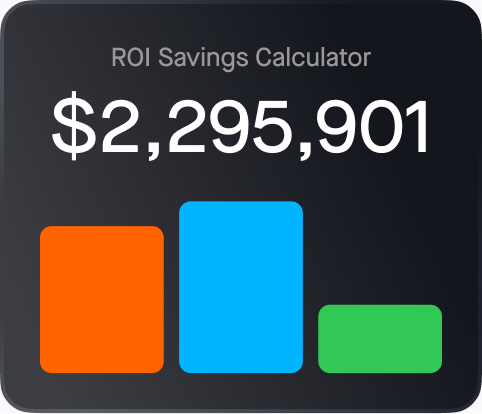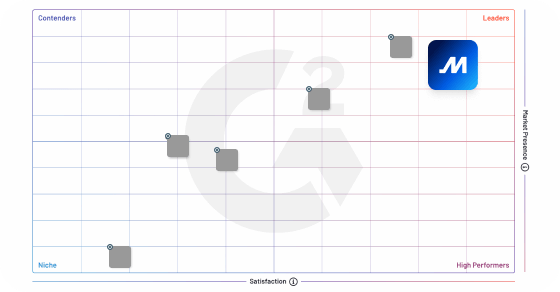Fleet insurance is a type of insurance coverage that is specifically designed for companies or businesses that operate a fleet of trucks or commercial vehicles. This type of insurance is important for companies in the trucking industry, as it provides protection and coverage for their vehicles, drivers, and cargo in case of accidents, damages, or other unforeseen events.
The definition of fleet insurance can be broken down into two main components: vehicle insurance and liability insurance. Vehicle insurance covers physical damage and theft of the vehicles in the fleet, while liability insurance covers damages or injuries caused by the drivers of those vehicles.
Fleet insurance policies can also include coverage for cargo, equipment, and other property that may be damaged or lost during transit. Additional coverage options may include roadside assistance, rental reimbursement, and other services that help keep the fleet running smoothly and efficiently.
There are many benefits to having fleet insurance for a trucking company. First and foremost, it provides peace of mind and financial protection in case of accidents or other unforeseen events. Fleet insurance also ensures that the company is in compliance with all legal and regulatory requirements for commercial vehicles, including minimum insurance coverage requirements.
Frequently Asked Questions
What is fleet insurance?
Fleet insurance is a type of insurance policy that covers multiple vehicles under a single policy. This can include cars, trucks, and vans that a company or organization owns and uses for business purposes. Fleet insurance offers businesses an affordable and convenient way to protect their vehicles and drivers from accidents, theft, and other types of damage while on the road.
What is the difference between fleet insurance and regular insurance?
Fleet insurance covers a group of vehicles owned by a business, while regular insurance typically covers a single vehicle owned by an individual. Fleet insurance may offer discounts based on the number of vehicles insured and can be tailored to meet the specific needs of the business. Regular insurance is often more general and may have limitations on coverage options.
How many vehicles make a policy a fleet?
The specific number of vehicles required to consider a policy in a fleet can vary depending on the context and the organization. There is no universal standard, and different companies or insurance providers may have different criteria. Generally, a fleet policy is typically associated with a larger number of vehicles, such as five or more, but the exact threshold can vary. It’s best to consult with the relevant organization or insurance provider to determine their specific definition of a fleet.
What is the difference between commercial and fleet insurance?
Commercial insurance typically covers businesses and their assets, such as buildings, equipment, and liability risks. On the other hand, fleet insurance specifically caters to companies that own or operate a fleet of vehicles. Fleet insurance provides coverage for the vehicles themselves, as well as protection against risks associated with vehicle operations, such as accidents, theft, and third-party liabilities. While both types of insurance serve businesses, fleet insurance focuses on vehicles and their unique risks.



